
Honduras, Latin America: Week in Review
Zelaya Accuses Honduran Government Of Breaking Cartagena Accord
June 17, 2011 By Staff
Today in Latin America
Top Story — Ousted President of Honduras Manuel Zelaya accused current President Porfirio Lobo on Thursday of violating the terms of the agreement that allowed Zelaya to return to his country on May 28.
Zelaya’s allegation came after a Honduran judge ordered Enrique Flores to be put under house arrest on Wednesday under corruption charges. Flores served as Zelaya’s chief of staff and returned in the same plane with him last month.
Flores appeared before a judge voluntarily on Wednesday in response to four charges from federal prosecutors of stealing $5 million of public funds when he was serving in the Zelaya administration. The police escorted Flores away from the courthouse back to his home.
“We demand that the Lobo government, in the interest of the reconciliation that it speaks of, halt and resolve this escalation of persecution,” Zelaya told the Associated Press. “This new, arbitrary act violates the agreement signed in Cartagena that guarantees that ex-functionaries will be left free.”
At the time of writing, the Lobo administration had yet to respond.
Item three of the Cartagena Accord, signed by Zelaya and Lobo on May 22, specifies that the Honduran government will protect the rights of ex-functionaries of the overthrown Zelaya government and allow those who left to return from exile.
Zelaya was overthrown by the Honduran military and driven into exile in June 2009. The Cartagena Accord paved the way for his return last month. He immediately reentered politics and advocates calling of a constituent assembly to rewrite the Constitution.
Just Published at the Latin America News Dispatch
- The Global Commission on Drug Policy issued a report earlier this month criticizing the U.S.-led drug war. But will its recommendations change the United States’ approach toward drug trafficking? Molly O’Toole reports from New York City.
Headlines from the Western Hemisphere
North America
- The Mexican state of Nuevo León saw 33 murders Wednesday, one of the bloodiest days in recent history.
- The Arizona senator behind last year’s controversial anti-illegal immigration law is likely to face a recall vote.
Caribbean
- The U.N. Security Council Thursday delayed by a day its vote to recommend Ban Ki-moon for a second term as U.N. chief after Cuba and other Latin American countries declined to endorse him, envoys said.
- The co-chair of the U.S.-based Finca Vigia Foundation lamented here Thursday that Washington’s economic embargo on Cuba hurts efforts to recover and preserve the legacy of American author Ernest Hemingway.
Central America
- Critics say El Salvador’s new Decree 743, which requires the Constitutional Court to make decisions by unanimous consensus, renders the court powerless.
- A man was killed in a shootout with police that started when he tried to rob a bus in Nicaragua’s capital, police said, adding that the bus driver was wounded in the incident.
Andes
- Venezuelan business leaders on Thursday warned that the government’s plans to ration electricity because of recurring power outages could curb production and thereby slow Venezuela’s economic recovery.
- Colombia’s capacity to produce cocaine fell by more than half in the past decade, according to the office of the US drug czar Thursday.
Southern Cone
- UN Secretary General Ban Ki-moon thanked UN peacekeepers from Uruguay for their service during a visit to Montevideo on Wednesday.
- Protesters at São Paulo fashion week called on designers to honor a 20 per cent quota for Afro-Brazilian models three years after a study by the public prosecutor in São Paulo said that only 28 of 1,128 models booked for the event were black.
- An Argentine lesbian couple will become the first pair to divorce since Argentina’s groundbreaking law legalizing gay marriage was passed in July 2010.
- Chilean students striking in over 180 universities across the country to protest tuition hikes may become one of Chilean President Sebastian Piñera’s greatest challenges as he faces criticism for his government’s approval of the HidroAysén dam in Patagonia and rising transport and food prices.
Image: Miguel Romero @ Flickr.
Subscribe to Today in Latin America by Email

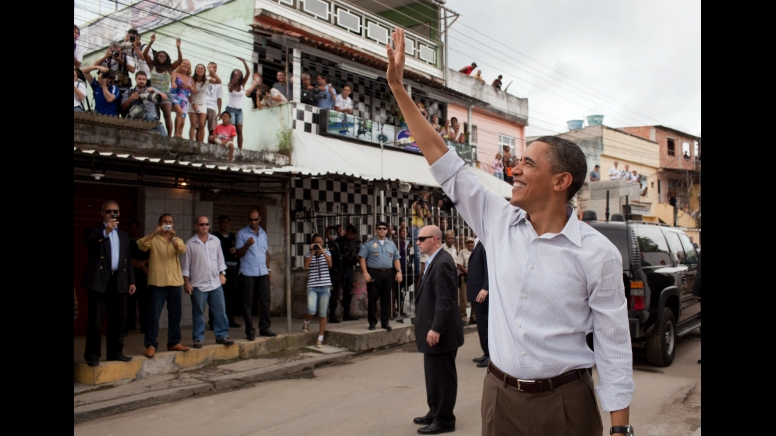
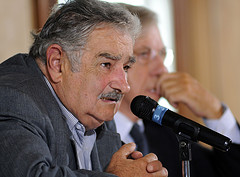
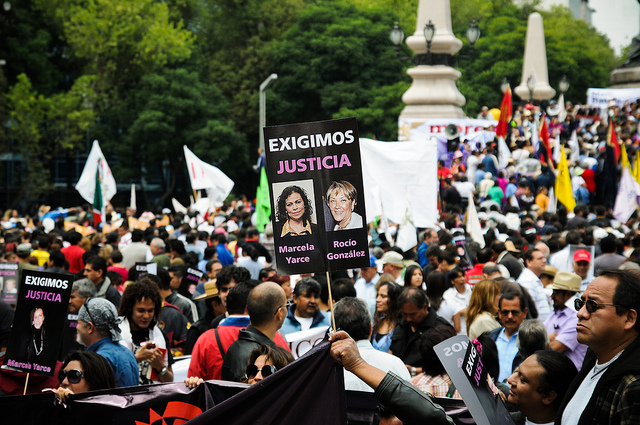
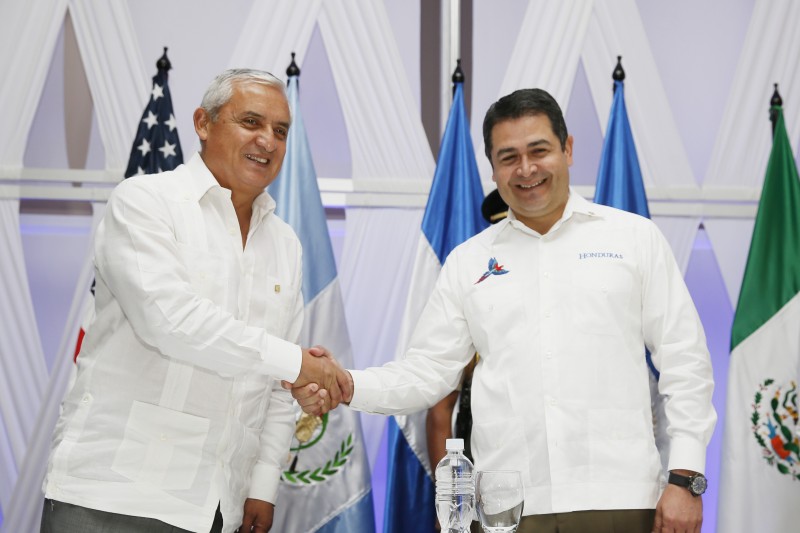

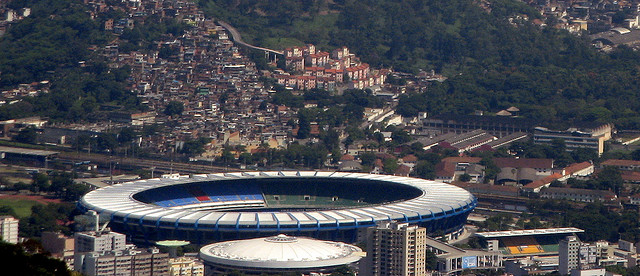
5 Comments
[…] on June 17, 2011. Filed under Honduras. You can follow any responses to this entry through the RSS 2.0. You can leave a response or trackback to this […]
[…] here for original […]
All this is is Zelaya manuvering with whatever provocation he can lay his hands on to oust the current President and regain power for himself. Who is the one manuvering for a coup-de-etat? IT’S ZELAYA, stupid!
ha!ha!ha you’re so funny!!!!!Mr.Ex-President Zelaya, you’re complaining about violation? and what about you…you violated every human being of Honduras by stealing the money of the treasury of that country by one of your cronies caught in camera and shown in the news here in U.S.A. and the chaos that you caused in that country because you want to stay in power forever like your twin brother..”Hugo”.Oh! the guts to complain…idiot!!!!.
Just a reminder Mr. Zelaya,nobody is above the law and nobody is indispensable….that’s why they created a law to put every country in order and citizen to abide by it…”LIKE YOU”.It doesn’t mean that you’re holding a position you go unpunished….thanks Honduras keep up the good work of punishing these dirty/abusive politicians…that way they will behave the way they should.
Comments are closed.